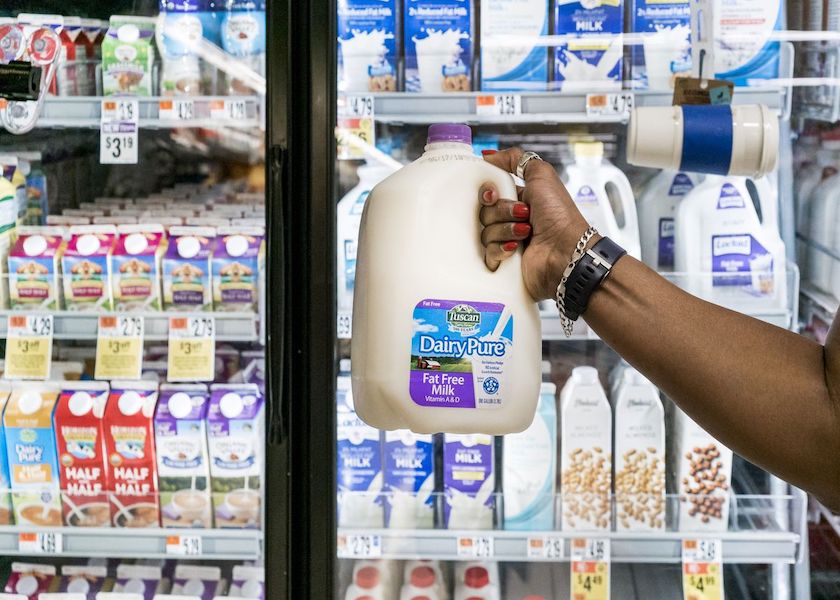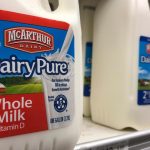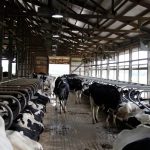
In late November, dozens of farmers who previously shipped milk to Dean Foods received debt settlement letters informing them that they were required to help pay the company’s debt. The letters, which were sent by a lawyer representing Dean Foods trustees, demanded that farmers repay the money they were paid for milk shipped to Dean Foods during the preference period of the bankruptcy.
Peters, who previously shipped her milk to Dean Foods, received one of these letters, and deemed that she would not be bullied into repaying the $50,000 settlement.
“It’s been very frustrating for me,” Peters shared Wednesday on AgriTalk’s farmer forum. “Apparently, it’s a pretty common thing in bankruptcy law that when a large company goes bankrupt, they can go back 90 days prior to the date they claim bankruptcy and ask for some money back from their creditors.”
While it might be more common than one would think, it still does not make it right according to Peters.
“In my heart, it honestly feels like they were trying to bully or scare people into just paying it,” she says. “Basically, they just sent out letters to every creditor, kind of like throwing a plate of spaghetti against the wall to see what sticks. If you’ve got that dairy farmer who has some expendable income and says, ‘Oh, it’d be cheaper and easier for me to just pay that settlement and not have to deal with the hassle of it.’ That’s money [Dean’s] gets to pay their debts off. When the reality of it is that they had no right to send that letter out to dairy farmers because what we did was the ordinary course of business. We sold them a product and they paid us for it.”
Not long after the letters were sent out, the American Farm Bureau Federation stepped in to help frustrated farmers like Peters.
On December 4th, the federation sent ASK LLP, the law firm responsible for the Dean Foods Estate Trustee Avoidance Letters, their own letter explaining why the letters received by farmers are “outrageous” and demanded ASK LLP withdraw the letters within 10 business days to avoid further legal action by the organization.
During the farmer forum, Dave Daniels, vice president of the Wisconsin Farm Bureau Federation, empathized with Peters’ frustrations and explained how important the relationship between dairy farmers and processors is.
“As dairy farmers, we need to have more conversations with our processors,” Daniels says, adding how this is somewhat similar to the frustration’s farmers had with processors who were dumping milk in late March and early April. “As we move forward, we need to keep having conversations with our processors [to keep an open line of communication.]
USMCA
Another big-ticket news item for dairy producers this month came from the U.S. Trade Representative (USTR) as the announced that they will initiate official consultations with Canada to examine the country’s Tariff Rate Quota (TRQ) obligations.
“We were happy that the USTR brought this forward, because [Canada] did sign an agreement that they were going to work on their classing process. And with some of our processors moving product into the Canadian market, we knew that, previously, they would use this to take the powder products that they have and kind of put it on the world market at a discount,” Daniels says. “So, we know that they signed this agreement, and we’re just hoping that USTR can make sure that [Canada] lives up to what they’ve signed.”
While holding Canada accountable for their obligations under the United States-Mexico-Canada Agreement is good news for trade, Peters remains cautiously optimistic.
“Being a dairy farmer, sometimes it feels very isolating and lonely,” Peters says. “You know, you hear of all these laws or policies being put into place, and it feels like there hasn’t always been a lot of follow through. And it’s made me a very much ‘I’ll believe it when I see it.’ kind of person when it comes to regulations involving the dairy industry.”























